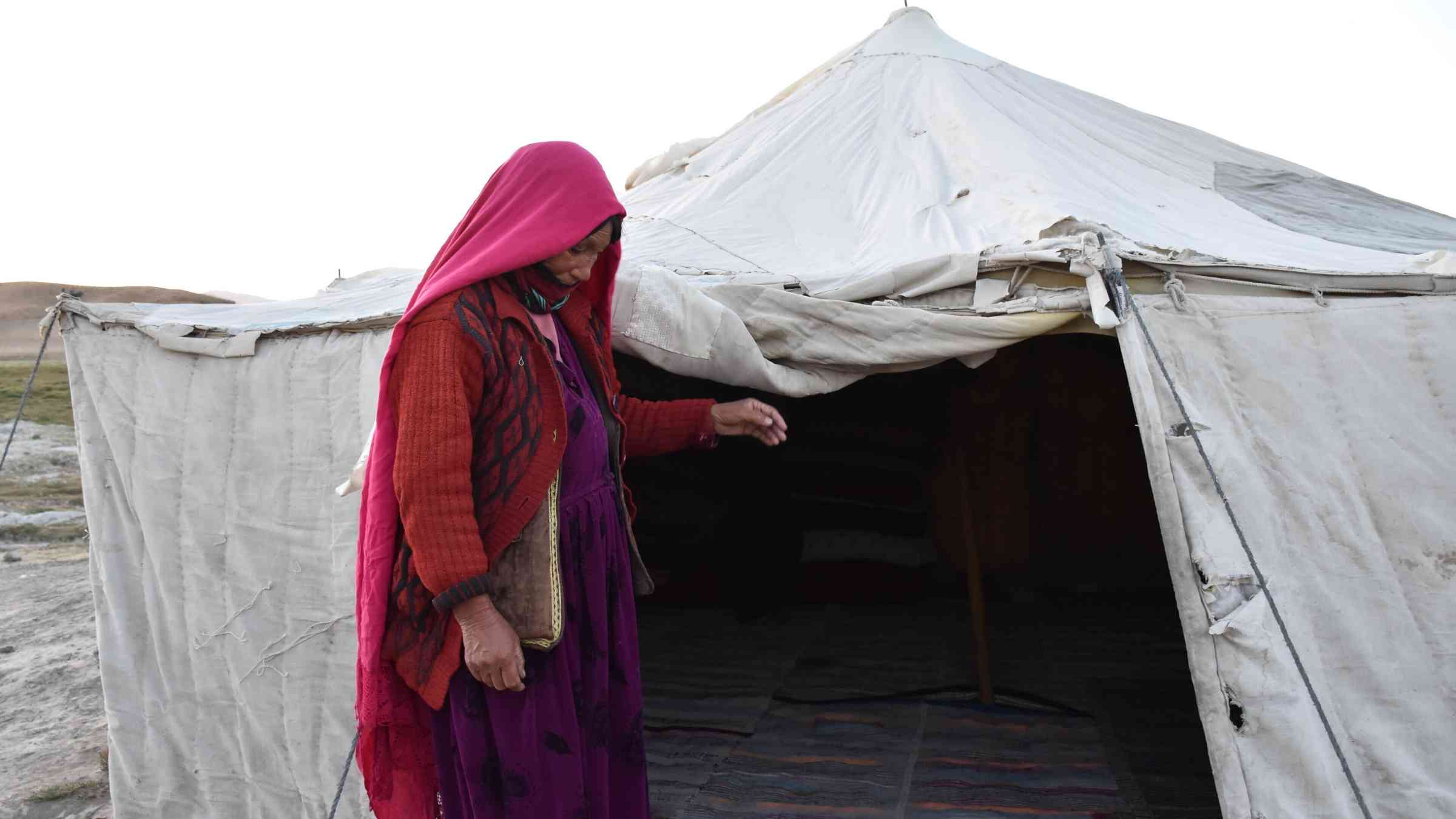New handbook on early warning systems in fragile contexts

In a significant initiative aimed at bolstering climate action in the world's most vulnerable regions, countries are now benefitting from the Handbook on Early Warning Systems and Early Action in Fragile, Conflict, and Violent (FCV) Contexts.
The scaling up of Multi-Hazard Early Warning Systems (MHEWS) in FCV contexts is a critical matter for saving lives and livelihoods, as well as a vital component of climate adaptation and resilience-building strategies.
Addressing the alarming intersection of fragility, conflict and violence with growing disaster (including climate) risks, the Handbook is a product of the Centre of Excellence for Climate and Disaster Resilience (CoE) together with its partners. The CoE is hosted by the UN Office for Disaster Risk Reduction (UNDRR) and the World Meteorological Organization (WMO).
This effort is integral to the global Early Warnings for All initiative, which aims to ensure that every person on Earth is protected by an early warning system by 2027. This includes countries facing risks compounded by fragility, conflict and violence, which comprise 19 of the top 25 most climate-vulnerable States.
Despite notable progress in establishing MHEWS globally, significant gaps remain. As of March 2024, only 55% of countries reported the existence of MHEWS, highlighting the urgent need for scaled-up action in vulnerable regions.
In particular, Least Developed Countries (LDCs) and Small Island Developing States (SIDS) are lagging behind in MHEWS implementation, with only 44% of LDCs and 38% of SIDS reporting these systems in place.
Furthermore, 23 countries are classified as both FCV and LDCs, while 10 are categorized as FCV and SIDS. These nations face unique challenges, while compounding shocks and stressors under a changing climate make them most vulnerable to hazardous events.
Enhanced collaboration among governments, international agencies, and local communities is essential to ensure that vulnerable populations are equipped with the knowledge and tools they need to mitigate risks and safeguard their lives and livelihoods.
The new Handbook aligns with the Navigating Fragility, Conflict and Violence to Strengthen Community Resilience practitioner handbook, developed by the International Federation of Red Cross and Red Crescent Societies (IFRC), the International Committee of the Red Cross (ICRC), and the German Red Cross, with support from the Red Cross Red Crescent Climate Centre.
Additionally, the CoE and the Handbook are supporting the Climate Risk and Early Warning Systems (CREWS) initiative and the development of its new operating procedures for FCV operations, driving a comprehensive approach and promoting increased investment to early warning systems in FCV contexts.
Together, these resources aim to support local-level action by helping countries and vulnerable communities strengthen their preparedness and response mechanisms to both climate and conflict risks.
The WMO and UNDRR are collaborating closely with countries, as well as regional and global partners to promote increased investment in, and ensure the scale-up of, early warning in fragile, conflict and violence-affected contexts. As part of this effort, the Handbook will be presented at various regional Disaster Risk Reduction (DRR) platforms and Early Warnings for All stakeholder forums in 2024 and 2025. These platforms will serve as vital spaces for stakeholders to learn how to incorporate the Handbook's guidance into their national disaster risk management strategies.
The rollout of this Handbook represents a critical step in addressing the challenges posed by climate change, conflict, violence and fragility. By improving early warning systems, countries can better anticipate disasters, protect vulnerable populations, and build long-term resilience to a rapidly changing climate.